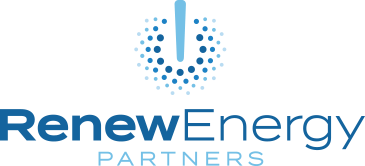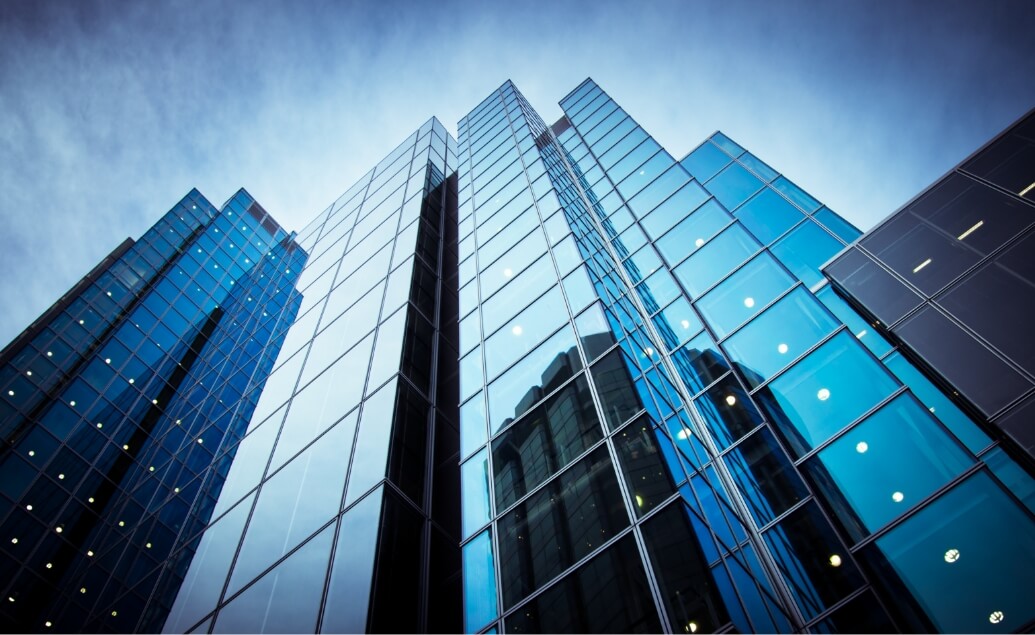The Blog
How Resilient is Your Building?

Resilience is “the ability to prepare for and …. withstand and recover rapidly from disruptions.” This includes “high-consequence, low-probability events.” (Source: Critical Infrastructure Security and Resilience, Presidential Policy Directive 21 (PPD-21). In the Northeast and New England, resilience is the ability to withstand and recover quickly from hurricanes, Nor’easters, Super Storm Sandy, ice storms, and other extreme weather events that cause wide-spread power outages.
Every city in the country now fears the harrowing effects of a non-resilient power grid when the streets go dark, gas stops pumping, and ATMs cease to operate. This past fall, Hurricane Maria was an all too real example of how a failing power grid affects a region’s critical infrastructure, including financial, transportation, and healthcare systems.
For buildings with elderly residents, hospitals and nursing homes, resilience is a matter of life and death. Many in the energy industry are making the case that building and portfolio owners MUST understand the current risks and options for increasing resilience. For details, see the ACEEE’s recent blog post.
RENEW believes that resilience is critical to understanding the value of, and making the case for, energy efficiency retrofits and on-site co-generation. RENEW can reliably show the Net Present Value of a building owner’s cash flows is higher doing a project now with RENEW than waiting a year or more to do it with their own capital. RENEW believes that an equally important reason to explore efficiency and co-generation is to provide resiliency to your facilities’ critical energy systems while minimizing day-to-day base load energy use via the use of highly efficient, on-site combined heat and power.
RENEW has just signed an agreement for a combined co-generation/resiliency project at a large multi-family housing complex in New York City. This $11M project will provide residents and the neighborhood with a safe haven when the next storm hits. We urge you to contact us if you own or manage a building and are interested in lowering energy costs, reducing environmental footprint, improving cash flow, and increasing resilience. We want our customers to be prepared for the next “high consequence, low probability” event.




